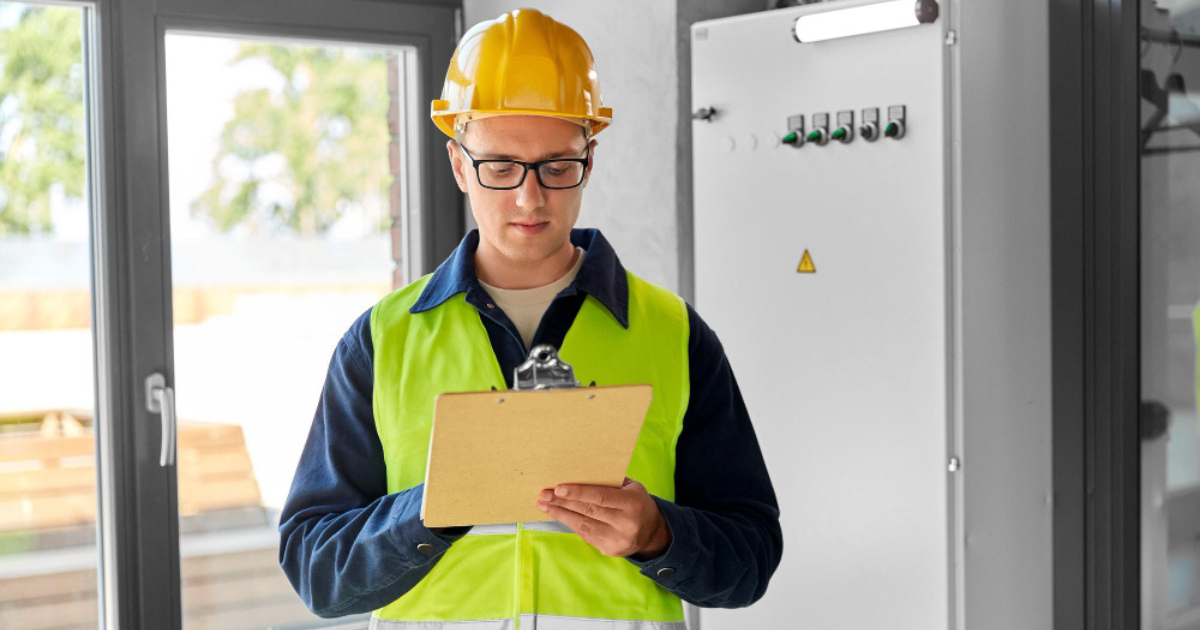Electrical Compliance for Commercial Buildings: What Every Business Owner Needs to Know
Electrical compliance is not just a legal box to tick, it’s a vital part of protecting your business, your employees, and your property. Ignoring it can lead to serious risks like electrical faults, fires, costly fines, and even business downtime. For business owners, understanding and managing electrical compliance is key to keeping your commercial building safe and running without interruptions.
Ignoring electrical compliance can lead to risks such as electrical faults, electrical fires, fines, and problems with insurance. Regular inspections and testing help you avoid these issues and keep your business running smoothly.
What Is Electrical Compliance?
Electrical compliance means making sure your commercial building’s electrical installation and equipment meet the required safety standards. This includes everything from fixed wiring to portable appliances, emergency lighting, and fire alarms.
A key part of compliance is the Electrical Installation Condition Report, or EICR. These inspections identify damage, wear, or any hazards in your electrical system. EICR inspections are a legal requirement for commercial properties and help ensure your electrical equipment and installations are safe.
Important Compliance Checks for Commercial Buildings
To meet safety standards, commercial buildings usually require:
- EICR inspections
- Emergency lighting testing
- Portable Appliance Testing (PAT)
- Fire alarm testing
- Machinery testing and servicing
- Keeping detailed records of all inspections and certifications
These checks help you meet the requirements for commercial properties and show your commitment to health and safety.
Legal Responsibilities for Business Owners
Business owners must take reasonable steps to ensure electrical equipment and installations are safe. This means inspections and tests should be carried out by a qualified electrician, and any electrical faults need to be fixed quickly.
Following these steps supports safety at work and helps you avoid legal problems by showing that you take your responsibilities seriously.
Creating a Compliance Plan That Works for Your Business
Every business is different. Your electrical compliance plan should be tailored to your specific needs, considering factors like the types of equipment you use, your industry, the size of your premises, and any regulations you must follow.
For example, a manufacturing business may need more frequent machine testing, while an office might focus on annual EICRs and PAT testing. The right plan keeps your building safe without disrupting your day-to-day operations.
How J Kirby Electrical Can Help
Electrical compliance can be complicated, but you don’t have to manage it alone. J Kirby Electrical provides tailored compliance services across Sussex. Our qualified electricians handle everything from EICR inspections to fire alarm and PAT testing, managing your schedule and delivering clear reports.
Working with us means you have one point of contact who ensures your commercial building meets all the necessary safety regulations, so you can focus on running your business.
Conclusion
Electrical compliance is more than just a legal requirement for commercial buildings. It’s about keeping people safe, preventing electrical faults and fires, and protecting your business. By developing a solid compliance plan and scheduling regular inspections, business owners can meet the requirements of the Electricity at Work Regulations and Health and Safety at Work Act 1974 with confidence.
If you need help making sure your commercial premises are safe and compliant, contact us today to discuss how they can support your business.



